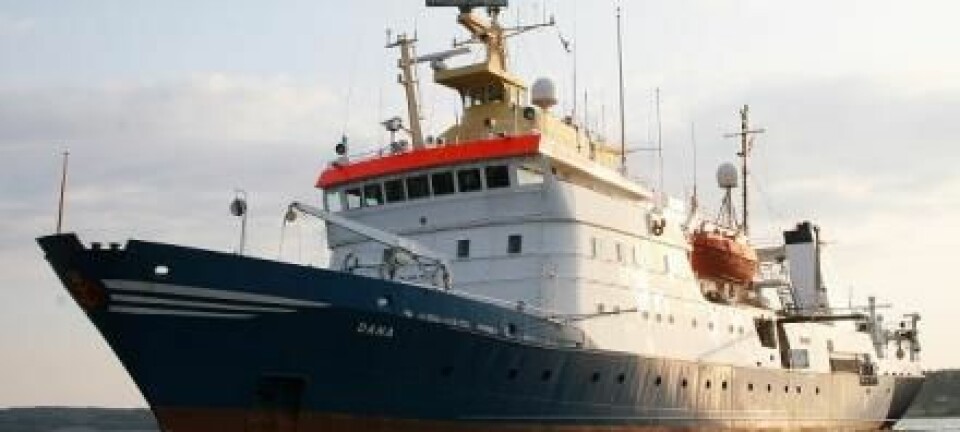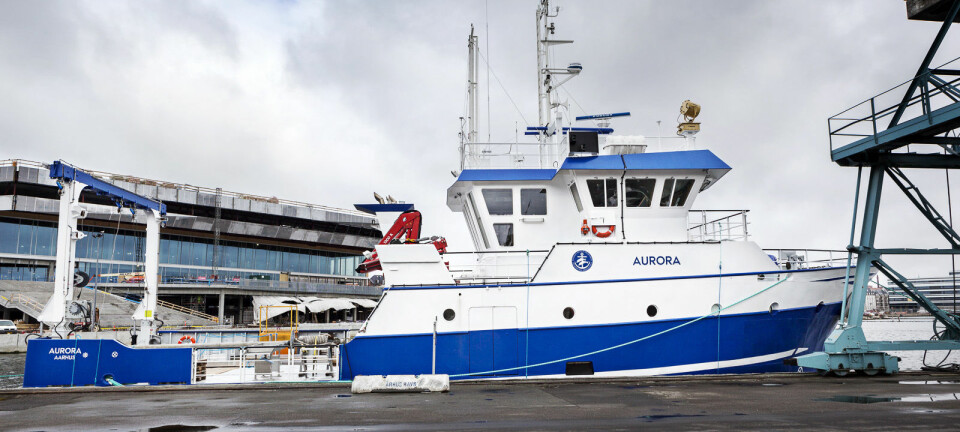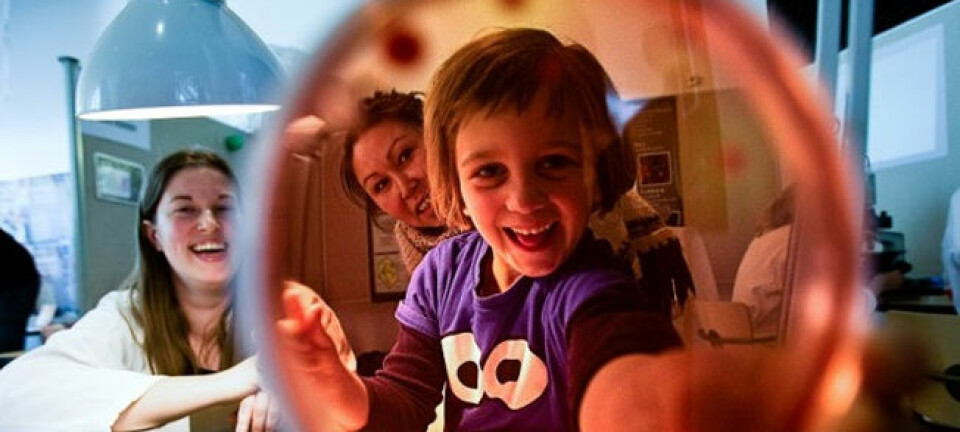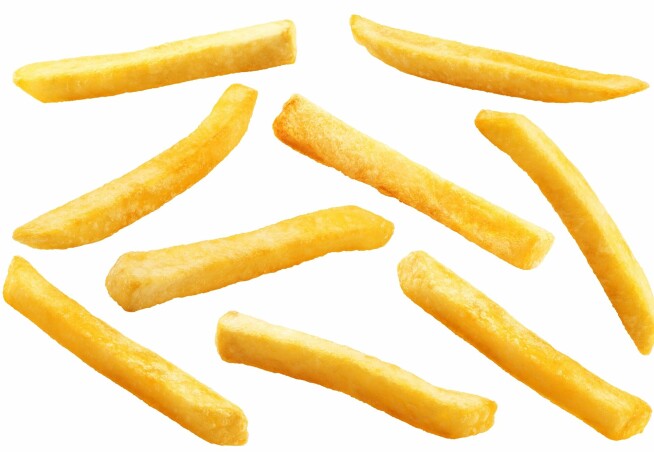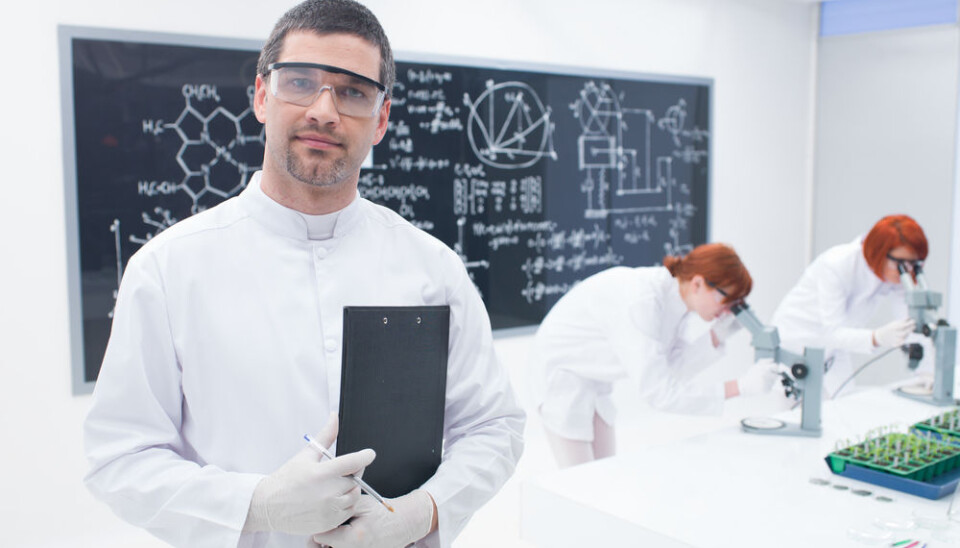
Citizen scientists will make new technologies available to everyone
More and more independent researchers are forming their own research communities to develop their ideas without being influenced by universities and industry. Meet some of the in Copenhagen during the Science in the City Festival this summer.
In the past few years, communities of so-called ‘creators’ and DIY-biologists have started to pop around the globe. That includes Copenhagen –- where you can participate in their open DIY labs.
If you have an idea for an invention or a research project you can join the communities Labitat and Biologigaragen where technology enthusiasts spend their spare time helping each other invent new things and study scientific problems.
One of the members of the community is Emil Polny, MSc in human biology. He has also finished a BSc in biotechnology and a year of history studies. He now works with research communication at the University of Copenhagen -- but in his spare time he’s building a new DIY biotech lab.
“As a creator and a DIY biologist you get to try out some ideas. You can start projects without having to pretend that you already know how it will turn out. Unlike researchers at universities, we’re not forced to publish a certain number of articles every year, and that means that we get to immerse ourselves in a single project over an extended period,” he says.
“Companies own the inventions their employees develop but if you work in an independent lab you get to decide for yourself what you want to do with the rights to your invention.”
Do you have an idea? Stop by!
Now Biologigaragen is organising a ‘festival’ called Kopenlab (http://www.scienceinthecity.dk/da/organisation/kopenlab-holdet), where everyone is welcome to stop by and see how technology enthusiasts work with biotech, electronics, science art, design, development of ideas and prototypes using laser cutters and 3D printers, DIY lab equipment and much more.
It will all take place at the Science in the City festival in Copenhagen 21-26 June.
Whether you are an aspiring inventor or simply curious, you are very welcome to stop by.
“Perhaps we will bump into people who like inventing things, but just have not had a place and an opportunity to test their ideas. Here we have materials, equipment, and lots of people with all sorts of expertise,” says Polny.
“It is a part of the whole culture that we help each other with our ideas. It is not a free service station, but if you are motivated to build, share your knowledge, and learn, you’ve come to the right place,” he says.
Sharing knowledge with the world
Citizen scientists share their results, following the so-called open source principles. And that does not just mean passing your ideas on to someone you know personally. Thanks to the internet people on the other side of the globe are benefiting from knowledge produced in Copenhagen.
And the system works both ways: in return for their insights the Danish researchers receive knowledge from California.
“In California they have made an open source machine that copies bits of DNA – and it costs around 90% less than an equivalent machine from conventional producers. That means that a high school biology teacher is able to buy a so-called OpenPCR machine for a few hundred dollars and have it shipped as a self-assembly kit.”
“The machines have a number of potential applications in research, but also for everyday use. For instance, you can isolate DNA from yourself and your parents, put it into the machine, and check whether or not your parents really are your biological parents. Or find out if the meat in your ready-made supermarket lasagne is made with beef or horse meat,” says Polny.
Basically, he says, the goal is to make technology available to everyone.
A multifaceted programme ahead
The Science in the City festival takes place in the Carlsberg City District of Copenhagen. The citizen scientists volunteering at KopenLab will occupy a large area where a multifaceted programme of events will take place. Overall, there will be three main activities:
-
Workshops where all visitors can try their hand at DIY research. For instance, you can learn to look for antibiotics in your back garden. Many medical companies have stopped looking for new antibiotics, even though diseases are getting resistant to the known antibiotics. In response to this, an open-source project has been started in order to encourage people all over the world to look for antibiotics among fungi found in soil and share their findings with each other online. If you participate in the workshop, you will find out that it’s actually a lot easier than it sounds. In collaboration with Novozymes there will be a workshop on how to build your own ethanol sensor that can be used for measuring fermentation processes. You can also grow your own oyster mushrooms. Or make a small flashlight that can exploit the current left in a flat battery. International artists invite people to get involved in the development of sun-fuelled robots, new ways to construct street lighting, as well as biomechanics. And it’s all open-source.
-
An exhibition of interesting gadgets – ‘hacks’ – and so-called art-tech-science objects, under the title “Please try this at home!”. An expanding group of artists mix science and technology into their works of art. This type of art will be exhibited during the festival, and art-tech artists will also host workshops where they change and reconstruct they works in collaboration with others. Come see how open source hardware such as the electronics platform Arduino and the 3D printer RepRap are used in the process of inventing and designing new things.
- Science Drops are small, intensive and informal seminars that discuss different aspects of the citizen science movement. Among other topics, the Science Drops will take a closer look at the relationship between open source sharing and profit – are they mutually exclusive? Are there grey areas? There will also be a Science Drop that works across a variety of business sectors and professional backgrounds. This is important to the people behind the Kopenlab Festival, because the founding philosophy is inclusion, learning and co-creation.
In addition, there will be guided tours where you can get a wider introduction to the maker and citizen science movements in general.
Inventing your own equipment makes for cheap research
Citizen science is much cheaper than other types of research. Partly because all participants are volunteers, and partly because the technical equipment is invented and shared by the researchers. In some cases, communities will also get equipment second-hand from universities and technology companies. In Labitat and Biologigaragen membership is free, but you are encouraged to make a small contribution towards the daily running of the community, which is financed by its members.
So far this has been a recipe for success, and consequently the extensive interest in the projects has outgrown the capacity of the current venue. At the moment, the community plans to move to a larger venue in Copenhagen along with a number of other organisations, making room for even more citizen scientists.
“The festival will introduce people to these buzzing grassroots organisations, but at the same time it will also mark the beginning of a new meeting place in Copenhagen for groups who wish to collaborate. At the moment we are gathering lots of organisations and businesses that are interested in renting space at the same venue because they are inspired by this tech environment’s ideas about openness, play and learning,” says Polny.
Participating in Kopenlab is free, just like all the other activities at Science in the City.
The festival takes place on Saturday 21 June to Thursday 26 June from 10am to 8pm every day apart from Thursday, when activities finish at 4pm.
Translated by: Iben Gøtzsche Thiele
